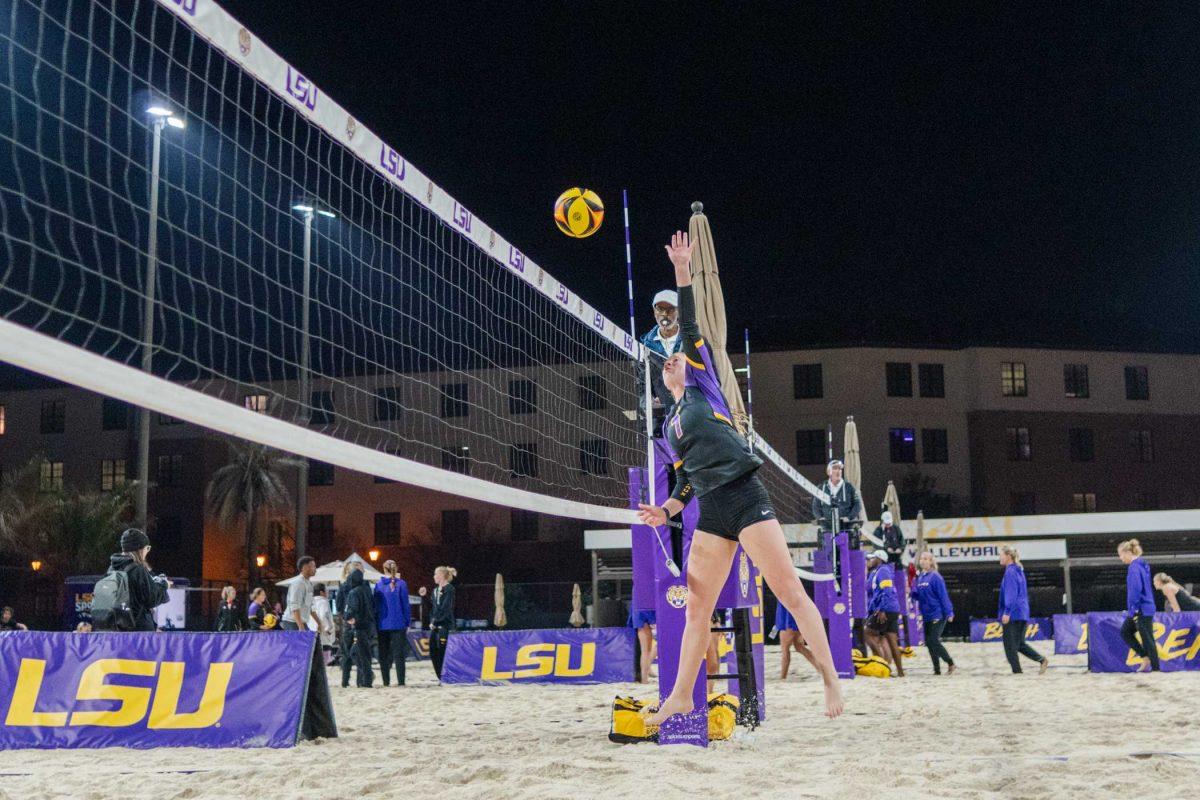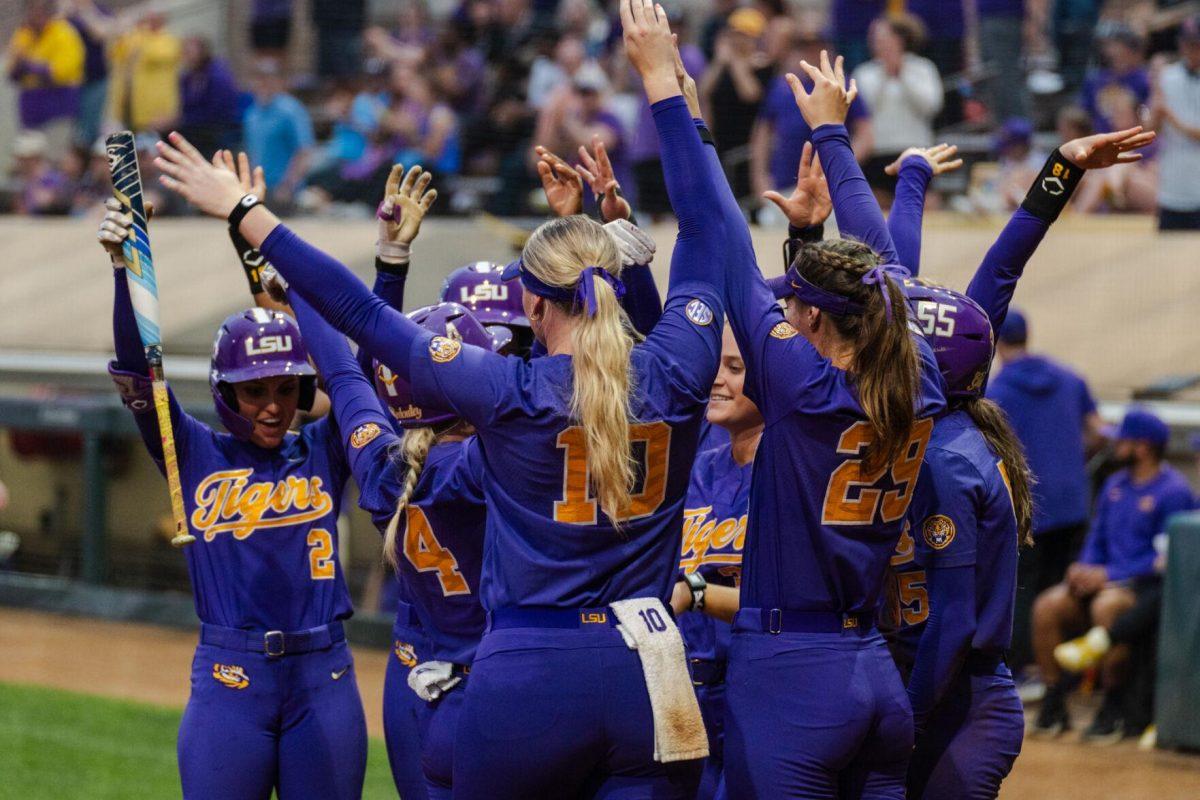Social media has played a significant role in all kinds of changes to the world of sports — many bad, many good.
Reporting, economics, public dialogue and the fan experience have all seen dramatic change because of social media. In just over a decade, it has empowered players, shaped NIL and changed how sports are consumed.
While much of this change existed before the legalization of NIL, the industry-shifting decision certainly intensified it.
When asked on The Pivot what made 2023 different from other years in popularizing women’s basketball, Angel Reese answered confidently.
“It’s social media. That’s just what everything has come down to,” Reese said. “Even just staying in college. As a woman you can make more money in college than going to the WNBA.”
A recent Washington Post article found LSU to be one of two in a 12-school data set where women earned anywhere near as much as men. Of NIL income at LSU, men made 53%, the women’s basketball team made 24% and the gymnastics team made 22%.
Much of that is due to social media, a relationship that a 2021 Sport Management Review study examined.
“On average, female student-athletes post more content than their male counterparts; however, male student-athletes generally have more followers than female athletes, yet, the median female and male athlete have comparable numbers of followers, suggesting that social media provides a somewhat more level playing field, in contrast to traditional media channels where female athletes receive less than 4% of all coverage.”
Male student-athletes at LSU had less than half a million followers across platforms last season, while the women’s basketball team alone had over 13 million.
Trace Young, a men’s basketball player at LSU, played two minutes last season but a platform of more than 350,000 followers across social media platforms afforded him large endorsement deals and higher NIL earnings, the Washington Post reported.
The Sport Management Review study also found that student-athletes associated with top-tier athletic institutions have more followers on average than at mid-tier institutions.
The ugliest side of social media’s impact has been the access users have to players. This can be well intentioned and wholesome, but it can also bring trolling and even death threats.
“Anything beyond criticism about playing the game we love is wrong,” Reese said in a post on X (formerly known as Twitter) on Sept. 26. “This is why I started my podcast. To take my voice back and create the narrative of who I really am.”
Reese has been the victim of bigoted hostility and threats ever since she got a spotlight at LSU. The total freedom fans have to address players behind a screen regularly leads to hateful and derogatory messages.
“We’re people,” former LSU linebacker Eric Hill (1985-88) said. “We love the same way, we want to laugh, we want to smile, we want to have fun. We’re complicated beings because it’s very hard to do something at a high high level and not be different.”
Reese uses the immense status she has built to control how her words are broadcast.
“I’ve never in my life had privilege but I definitely know the power I have through my platform,” Reese said in another Sept. 26 post on X. “That didn’t come overnight. I grew that on my OWN.”
This interest in regulating the narrative has also given fans a more personal insight to the lives and personalities of athletes.
Now, athletes can express how a situation has affected their lives practically and emotionally. Zoomed-out footage from a television presents athletes as a product of entertainment; with social media, consumers can see the individual beyond the game.
This cut out of the middleman has also changed reporting. Athletes can now simply announce their own injury and better communicate the cause and decisions involved.
Even beyond injury, the prospect of monetizing one’s status on anything from streaming to podcasts has produced stories and anecdotes from athletes that would be much harder for reporters to access.
Former players are now regularly hosting shows and podcasts to discuss a variety of topics, primarily in relation to their careers. This provides community to retirees who struggle turning the page after a life entirely oriented around their sport.
Among the most important changes social media has brought to sports is the platform it has given to athletes to speak on what matters to them.
An informed perspective and knowledge of issues cannot be achieved without the voices of athletes, not to mention the power they hold with their celebrity.
“With the way social media is, these guys speak up on everything,” former LSU defensive lineman Karl Dunbar (1986-89) said. “Social justice, all kinds of things that they want to talk about that’s true to them… It’s very empowering.”
There is no doubt athletes have an increased exposure to hate from social media users, but the voice and platform of athletes has also produced dramatic changes to sports overall.
The outcomes of empowering athletes have ultimately been tremendously positive and should be used to inform the direction of sports going forward.










